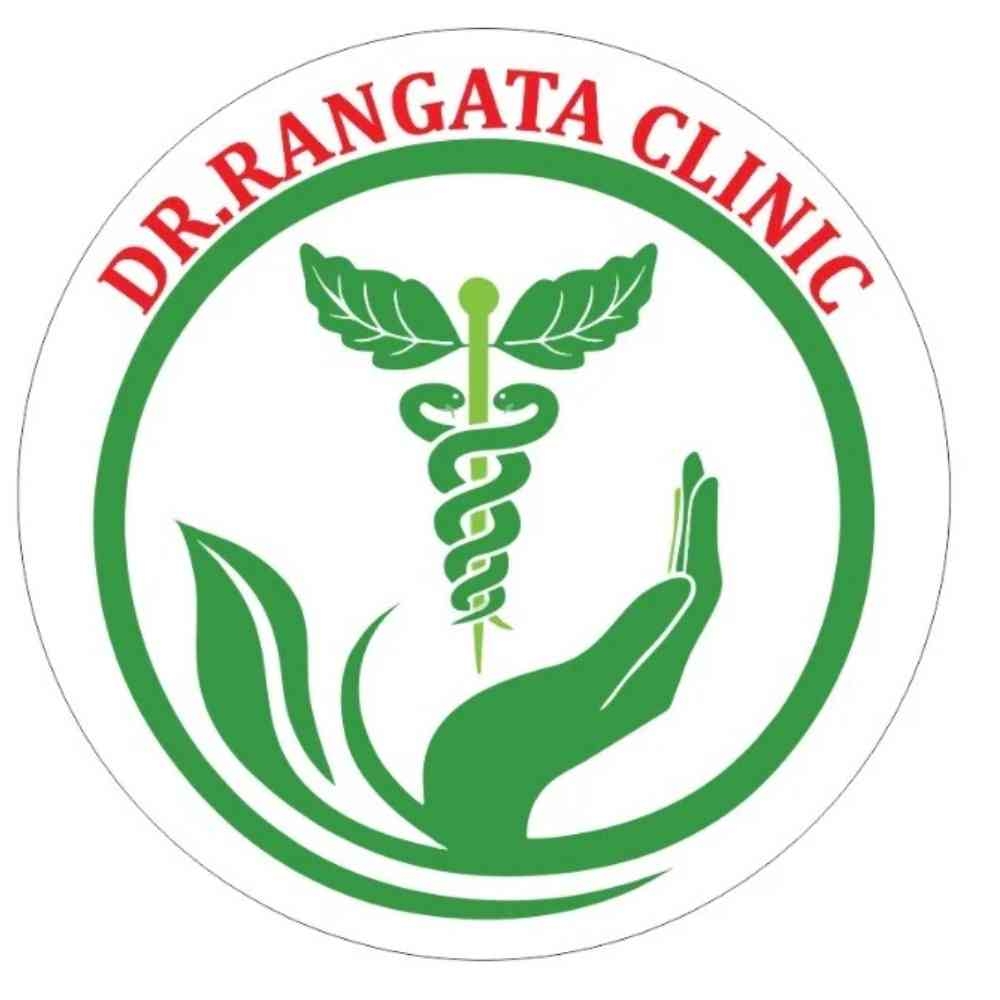+918048127772
Recently updated about

This is your website preview.
Currently it only shows your basic business info. Start adding relevant business details such as description, images and products or services to gain your customers attention by using Boost 360 android app / iOS App / web portal.
Description
Dermatitis Treatment: Effective Solutions for Healthier Skin Dermatitis is a common skin condition that causes redness, inflammation, itching, and irritation. It can occur due to various triggers, including allergens, irritants, or genetic predisposition. Fortunately, effective treatment options are available to help manage symptoms and promote healthier skin. Types of Dermatitis Atopic Dermatitis (Eczema): A chronic condition that often starts in childhood and is associated with allergies and asthma. Contact Dermatitis: Caused by direct contact with irritants or allergens, leading to localized skin reactions. Seborrheic Dermatitis: Affects areas with high oil production, such as the scalp and face, causing dandruff and scaly patches. Nummular Dermatitis: Characterized by round, itchy patches that can be mistaken for fungal infections. Stasis Dermatitis: Common in individuals with poor circulation, leading to swelling and skin changes in the lower legs. Treatment Options Medical Treatments Topical Steroids: Help reduce inflammation and itching. Antihistamines: Alleviate itching and allergic reactions. Moisturizers & Emollients: Keep the skin hydrated and prevent flare-ups. Prescription Medications: In severe cases, doctors may recommend immunosuppressants or biologic drugs. Antibiotics & Antifungals: Used when secondary infections occur due to excessive scratching. Lifestyle & Home Remedies Avoid Triggers: Identify and minimize exposure to known allergens or irritants. Use Gentle Skincare Products: Opt for fragrance-free and hypoallergenic soaps, shampoos, and detergents. Maintain Proper Hygiene: Regular bathing with lukewarm water and mild cleansers can help soothe the skin. Wear Comfortable Clothing: Choose breathable, soft fabrics like cotton to prevent irritation. Manage Stress: Practicing relaxation techniques, such as yoga and meditation, can help reduce flare-ups. When to See a Doctor If your dermatitis symptoms persist, worsen, or lead to infection, it is essential to seek medical advice. A dermatologist can provide tailored treatments and guidance to help you manage the condition effectively. Conclusion Managing dermatitis requires a combination of medical treatment and lifestyle adjustments. By following a proper skincare routine and seeking professional advice when necessary, individuals with dermatitis can achieve healthier, more comfortable skin. If you need personalized treatment, consult a dermatologist for expert care.

